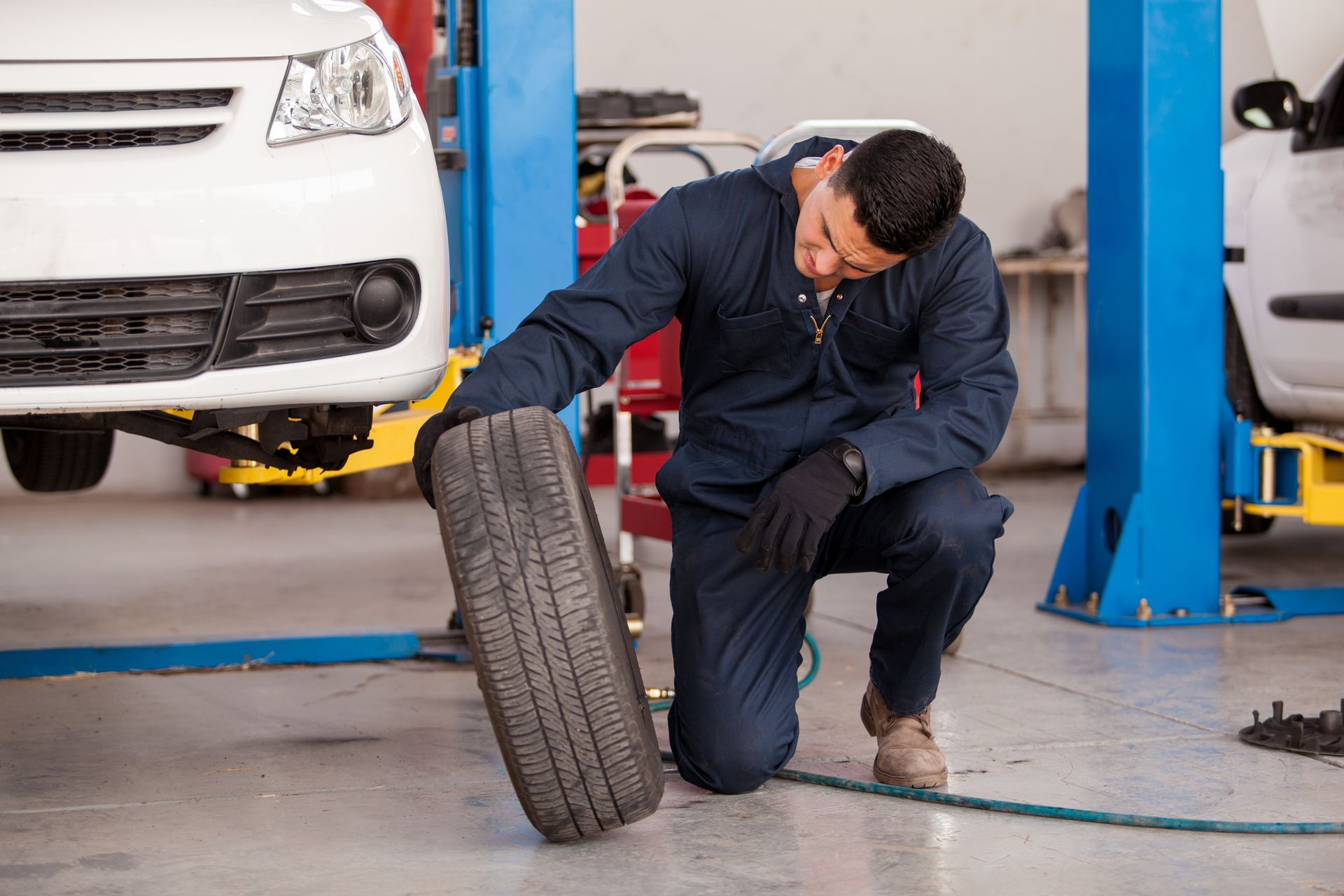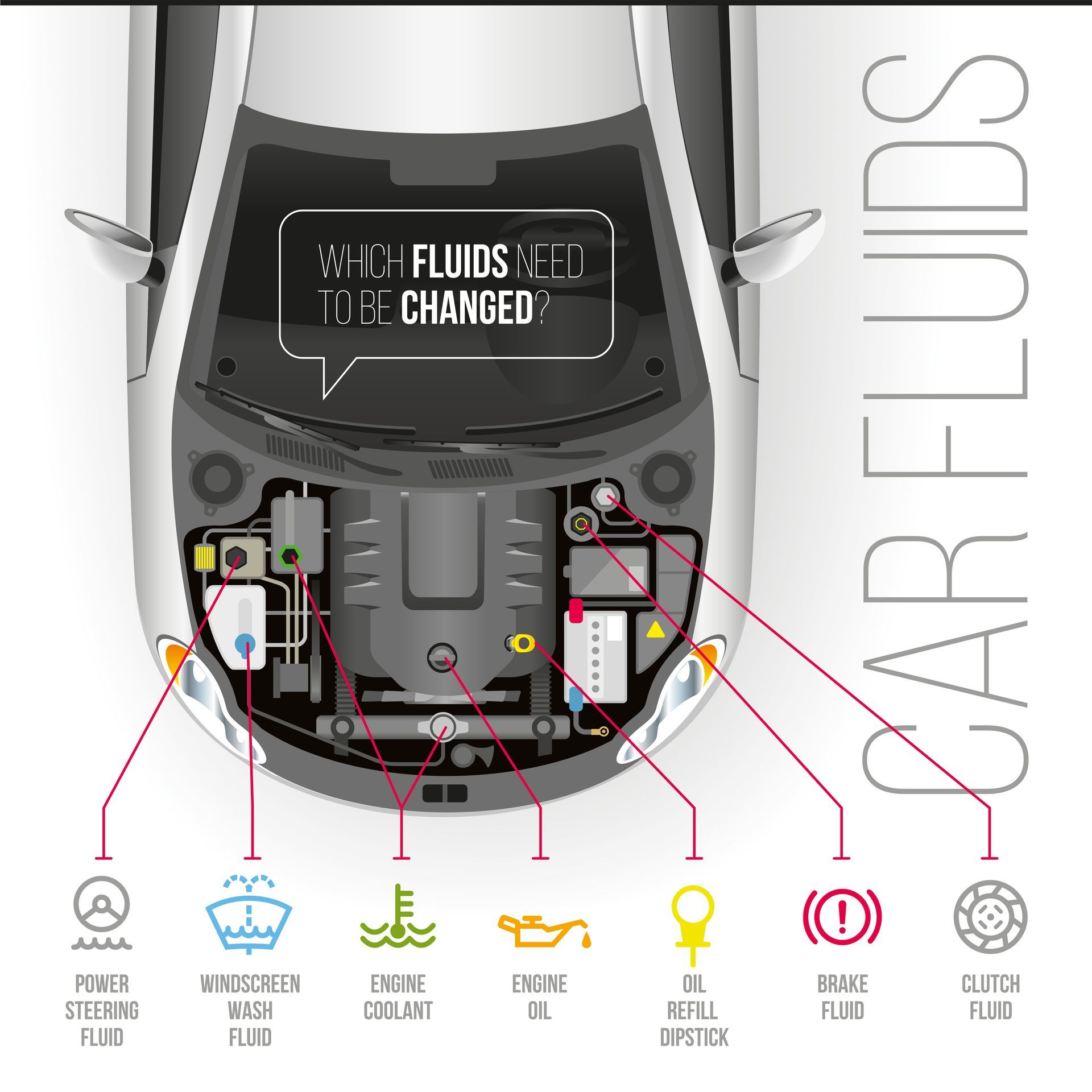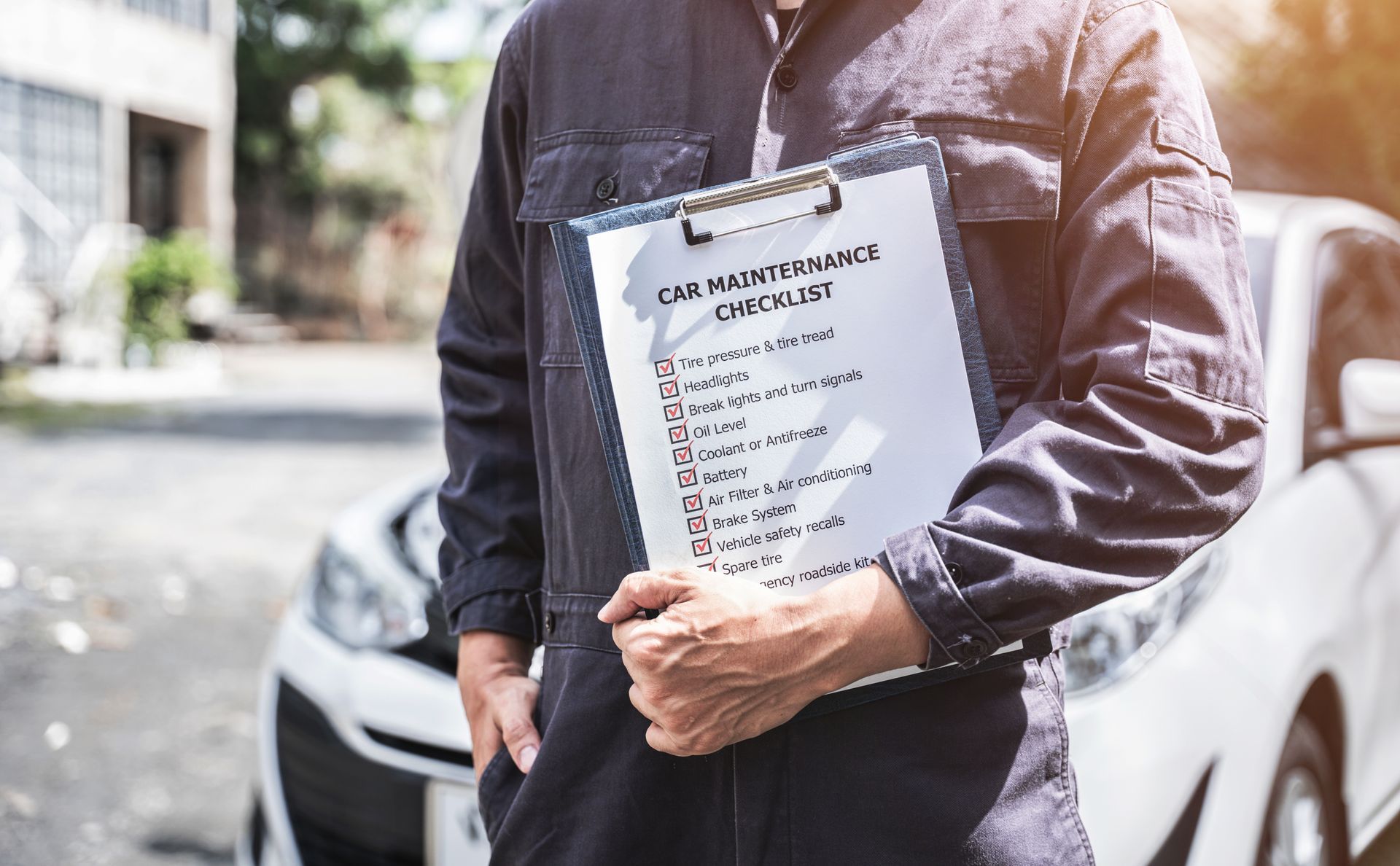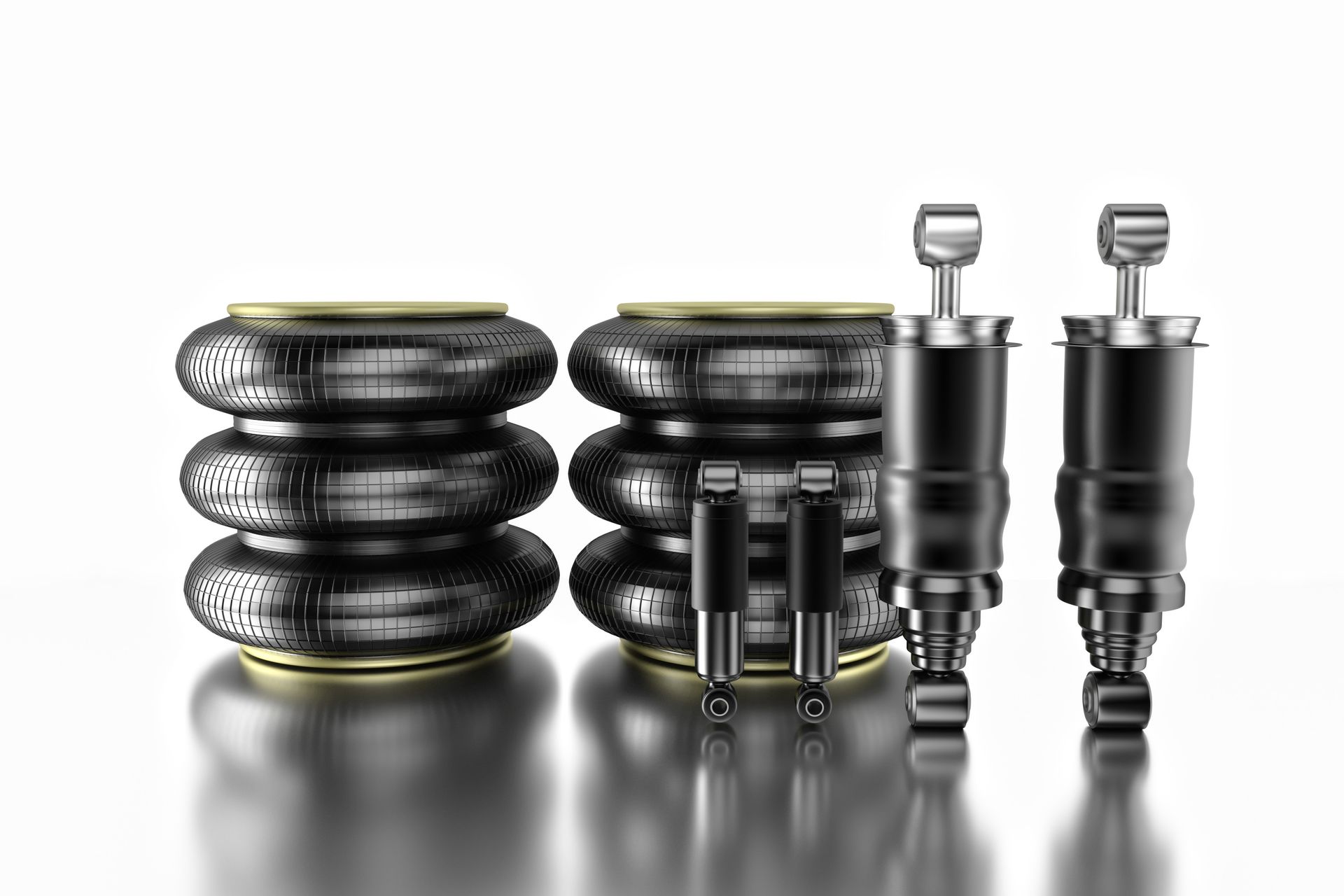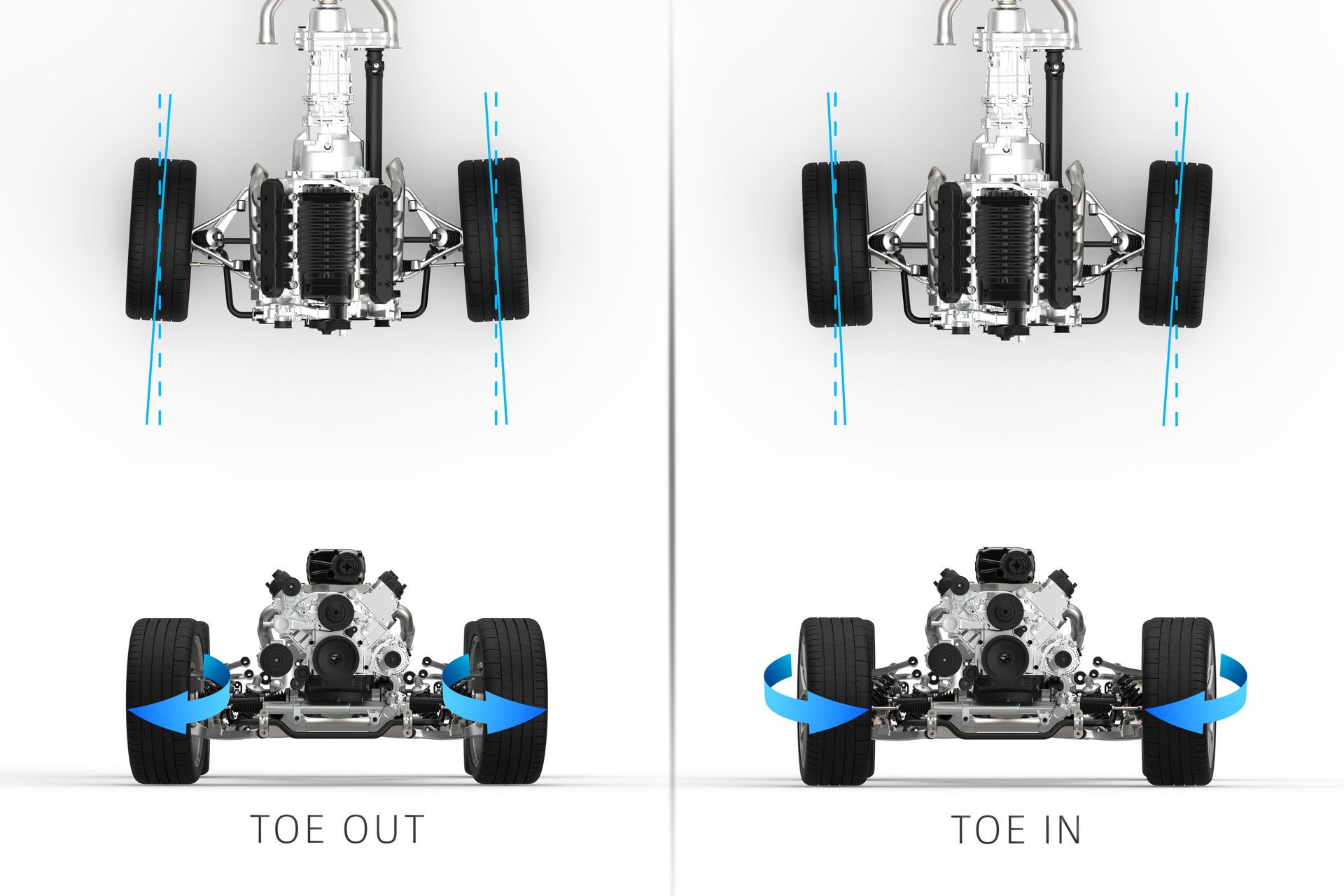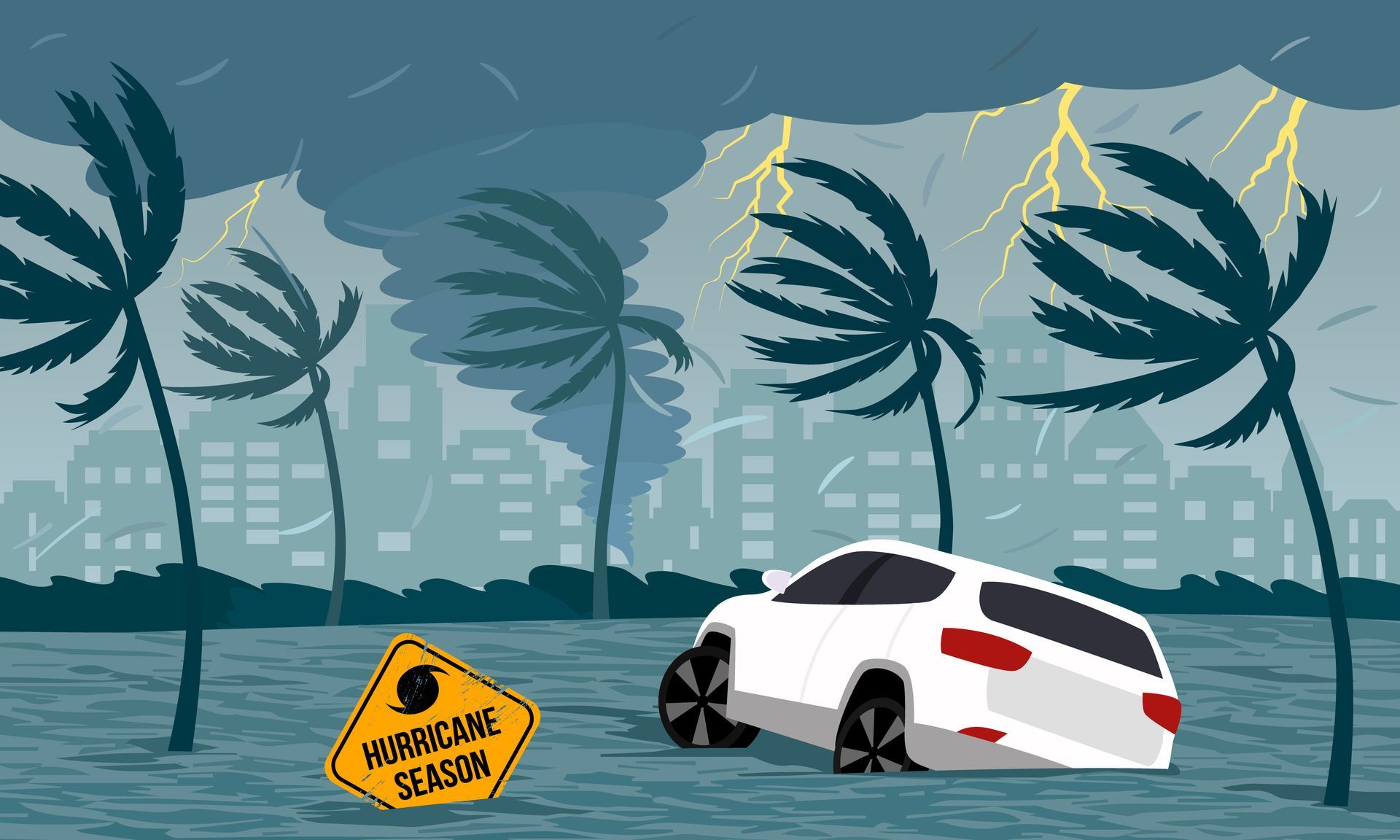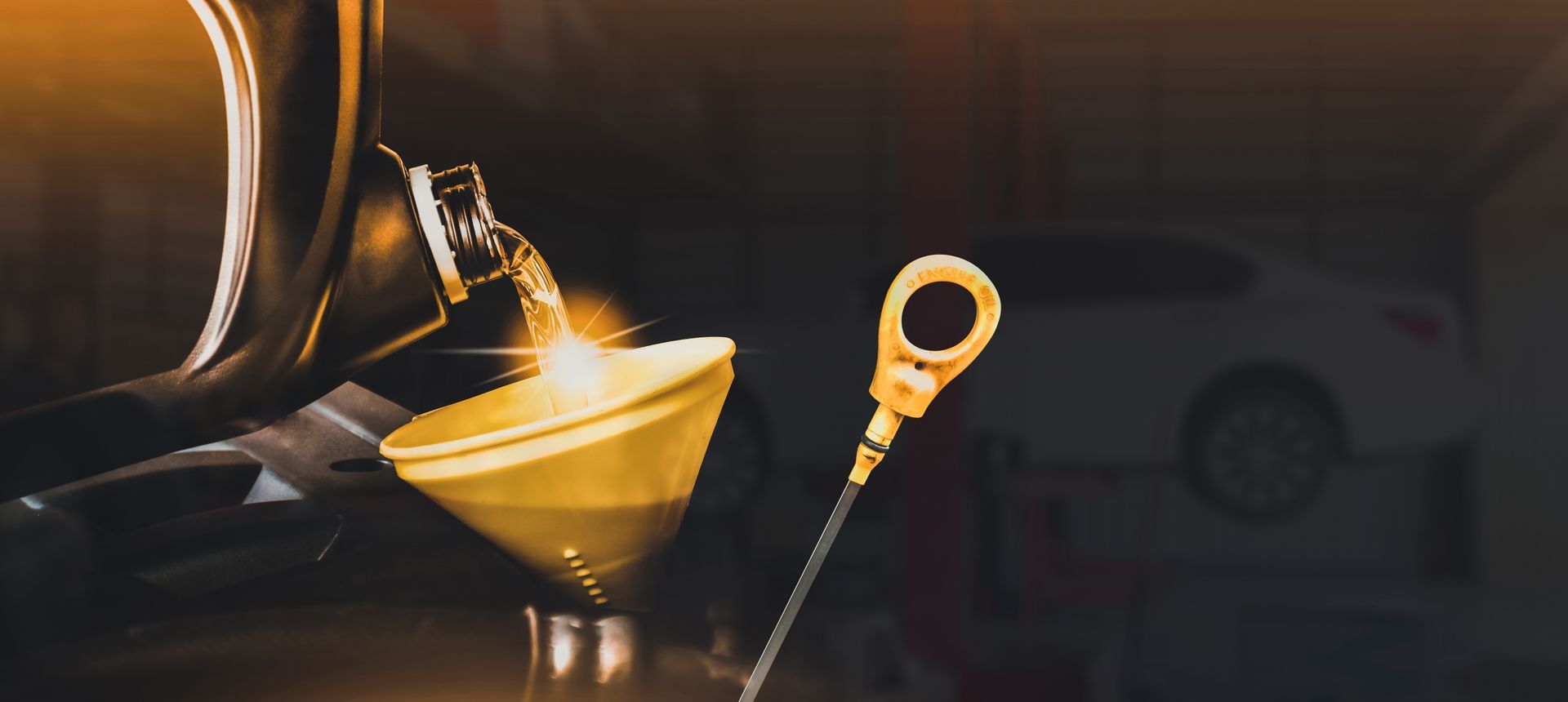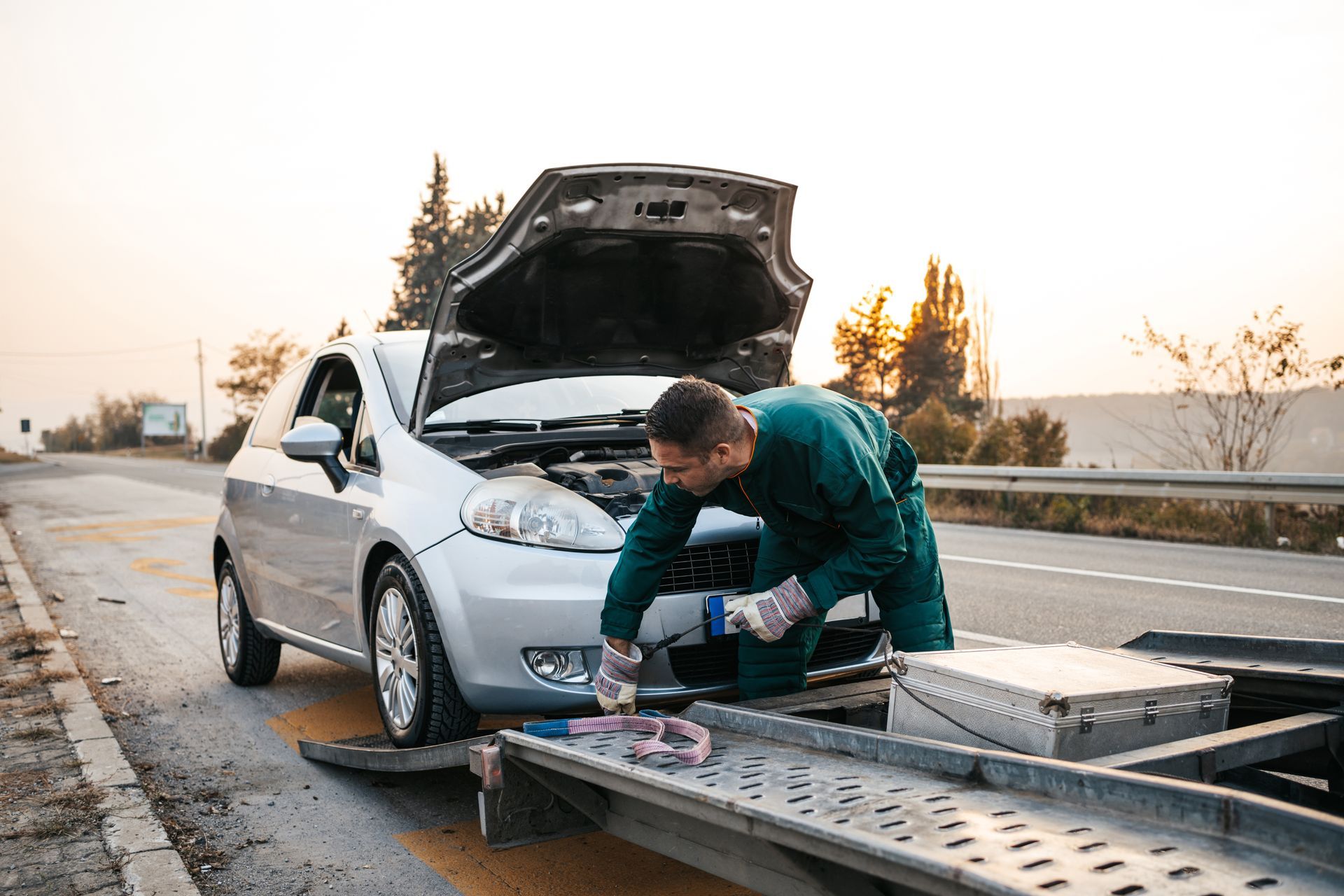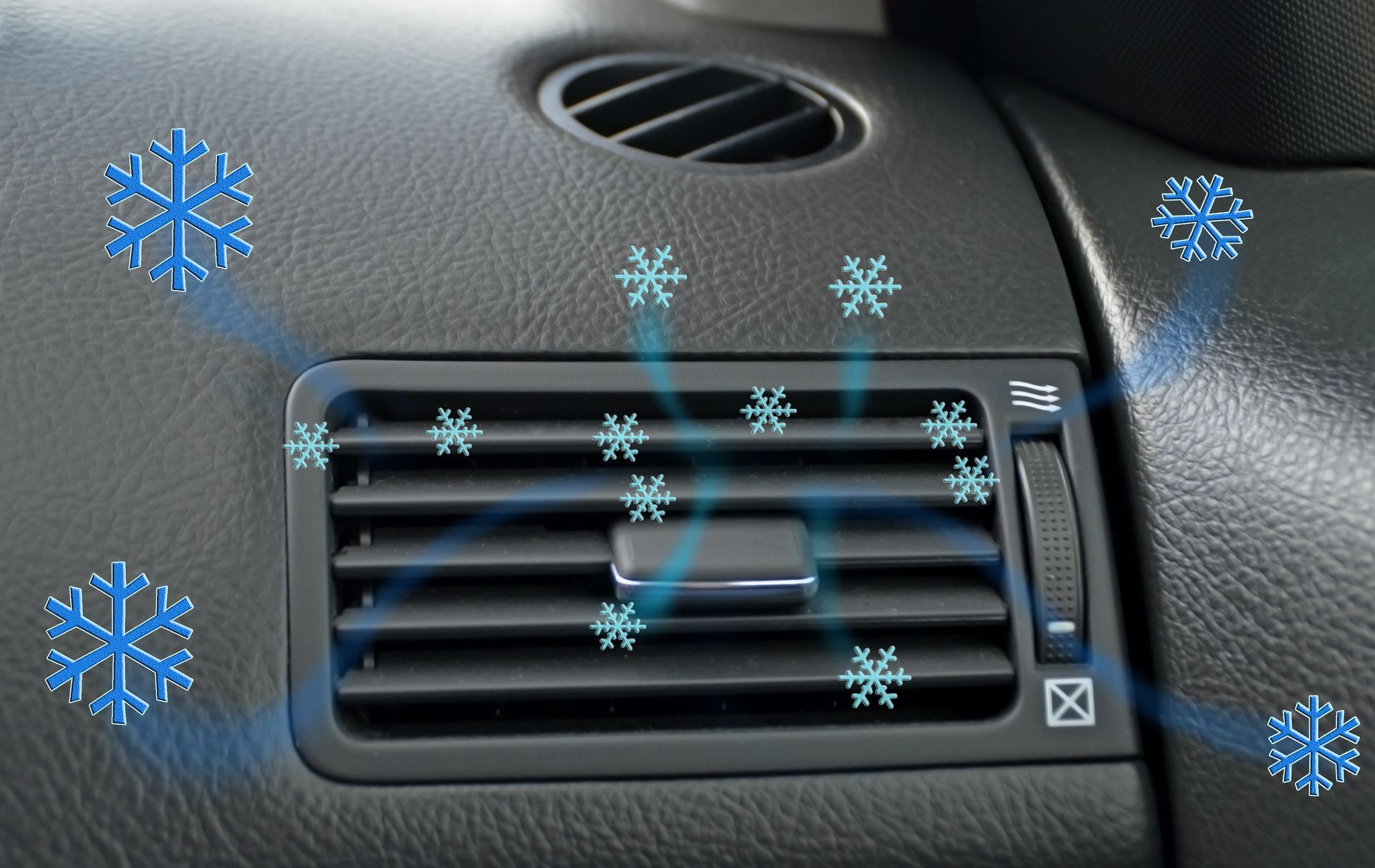Flooding can devastate a vehicle, even if the water exposure is brief. While some damage is easy to spot—like a soaked interior or water-stained carpet—the most pressing issues often lie in the components you can’t see. Water can quickly ruin electronics, corrode metal parts, and cause lingering mechanical problems that don’t show up until weeks or months later.
If your car has been in a flood—or you’re considering buying a used vehicle that may have been—here’s what you need to know about the parts most vulnerable to water damage.
Electrical and Computer Systems Take a Major Hit
Modern vehicles are loaded with electrical systems, from power windows and entertainment to more critical components like engine control units (ECUs), sensors, and safety systems. When water reaches these components, especially if it’s muddy or salty, it can cause corrosion inside connectors and wiring harnesses.
The tricky part? Problems with electronics often don’t appear right away. A car may run fine for a few days or weeks, but corrosion can spread over time, leading to erratic behavior—like random warning lights, failed sensors, or even total loss of power. Once these systems are compromised, repairs can be extremely expensive.
Engine and Transmission
Floodwater that gets into the engine or transmission can do serious damage. If water is drawn into the engine intake, it can lead to what’s called hydrolock—a situation where water fills a cylinder and prevents the engine from turning over, often bending internal components in the process.
Even if the engine doesn’t lock up, moisture inside can cause corrosion on metal surfaces and damage to moving parts. The same goes for the transmission. Water in the fluid can lead to poor shifting, overheating, and long-term wear if not flushed out quickly.
If a vehicle has been submerged, the engine and transmission should be inspected and their fluids replaced—even if the car seems to run normally.
Brakes and Suspension
Brakes and suspension components are made to withstand moisture to some extent—but flooding pushes them beyond what they’re built to handle. Prolonged exposure to water can lead to:
- Rust on brake rotors and calipers
- Seized or sticky brake components
- Rusted springs, shocks, and control arms
- Worn or swollen rubber bushings and joints
Even small amounts of corrosion in these systems can affect braking performance or ride quality. That’s why it’s important to have these parts inspected after a flood—especially if you hear new noises, feel uneven braking, or notice changes in handling.
Interior Materials Absorb and Trap Moisture
One of the first things most people notice after flooding is a bad smell inside the car. That’s because the seats, carpet, insulation, and sound-deadening materials act like sponges. Once wet, they’re very difficult to dry completely—especially in high-humidity areas like Naples, FL.
If not addressed quickly, moisture trapped inside these materials can cause mold and mildew to grow. Beyond the health risk, mold can damage electrical components under the carpet and degrade adhesives and padding over time.
Even vehicles that have been cleaned up after a flood may still have hidden moisture below the surface, so always check for musty odors, water lines, and new or mismatched carpet.
Fuel System Contamination
If floodwater enters the fuel tank—especially in deep floods where the fuel cap is submerged—it can contaminate the fuel system. Water doesn’t mix with fuel, so it separates and settles at the bottom of the tank, where it can be pulled into the engine.
This can cause rough running, misfires, or complete engine failure if not drained and cleaned out properly. A vehicle with a contaminated fuel system may need the tank removed, the lines flushed, and the fuel filter replaced.
Global Auto Care – Trusted Inspections in Naples, FL
If your car has been exposed to floodwater, don’t wait for problems to surface.
Global Auto Care offers thorough post-flood inspections to catch electrical issues, fluid contamination, corrosion, and other hidden damage before they become major repair jobs.

